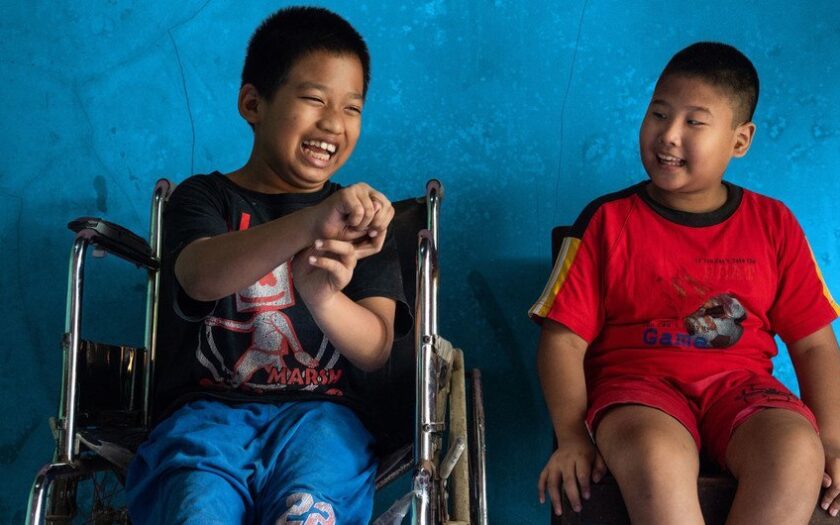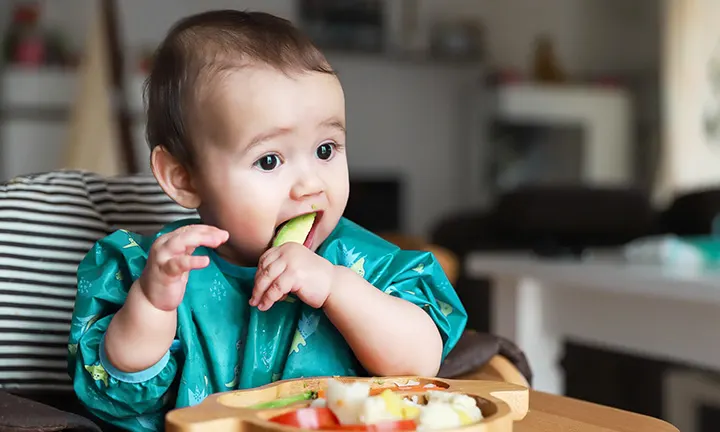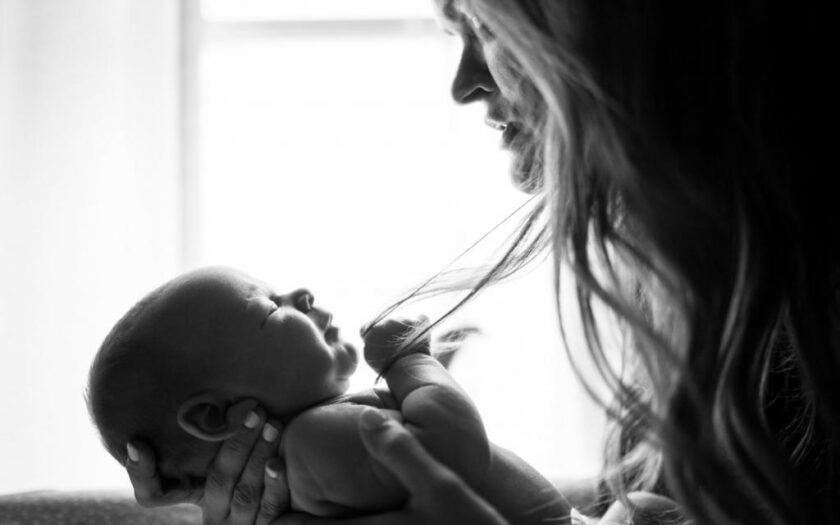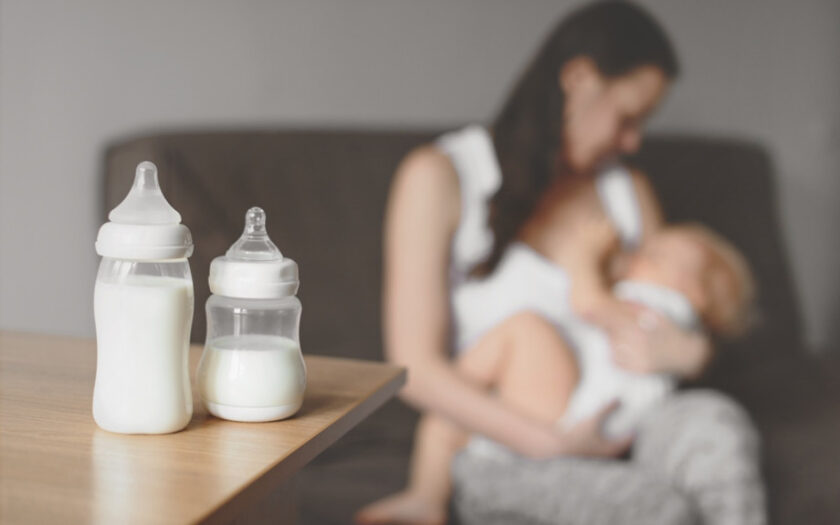Parenting presents its fair share of challenges, but for parents with disabilities, these hurdles can often feel amplified. In Australia, approximately 1 in 5 individuals grapple with some form of disability, which can range from physical limitations to intellectual or sensory impairments, as well as learning difficulties.
Unfortunately, many parents with disabilities contend with the added burden of feeling judged or stigmatized due to their disability. This societal scrutiny can create barriers to seeking the help and support they need. As a result, navigating parenthood with a disability often involves overcoming not only practical obstacles but also societal attitudes and biases.
Empowering Parenthood: Accessing Support Systems for Parents with Disabilities
Parenting is a collective endeavor, and for parents with disabilities, accessing tailored support is often essential to ensure their children thrive. If you’re encountering challenges in your parenting journey, reaching out for assistance is crucial.
Many parents with disabilities receive specialized parenting support through various channels, including their NDIS (National Disability Insurance Scheme) plan, healthcare providers like psychologists and occupational therapists, and mainstream services such as State family and children’s services. Building a supportive community network is equally crucial for families, providing avenues for guidance and camaraderie.
Consider exploring options like joining a playgroup, as social isolation is a common issue reported by many parents with disabilities. Playgroup Australia offers a convenient database to locate playgroups in your vicinity. Additionally, for older children, participation in activities like sports, homework clubs, or holiday camps can offer valuable opportunities for both children and parents alike.
Supporting Understanding: Nurturing Communication Between Parent and Child About Disability
Children are naturally curious and may have a lot of questions about your disability. Talking openly with your child about your disability can help them understand what you can and can’t do. Talking about your disability with your child can also help them to become more caring and empathetic.
As your child grows up, they may become involved in supporting and caring for you. They may help with chores around the house.
Being involved with caring for a parent can help children develop an understanding of responsibilities. It can also lead to higher self-esteem if they feel a sense of worth from their role.
However, research shows that it’s important for young carers to be supported. There are programs available to support young carers and give information and counseling.
Empowering Understanding: Nurturing Communication About Disability with Your Child
Engaging in open conversations with your child about your disability can foster understanding and empathy. Children are naturally curious, and addressing their questions can help clarify what you can and cannot do, nurturing a sense of acceptance and compassion.
As your child matures, they may naturally take on responsibilities to support and assist you. Participating in household chores or providing care can offer them valuable life lessons in empathy and responsibility. Moreover, contributing to caregiving tasks can enhance their self-esteem as they derive a sense of purpose and value from their role.
However, it’s essential to acknowledge that young carers may need support themselves. Research underscores the importance of providing assistance and resources to young carers, ensuring they receive the guidance and emotional support necessary to navigate their caregiving roles effectively. Fortunately, there are programs available designed to support young carers, offering information, counseling, and practical assistance to alleviate any burdens they may face.



